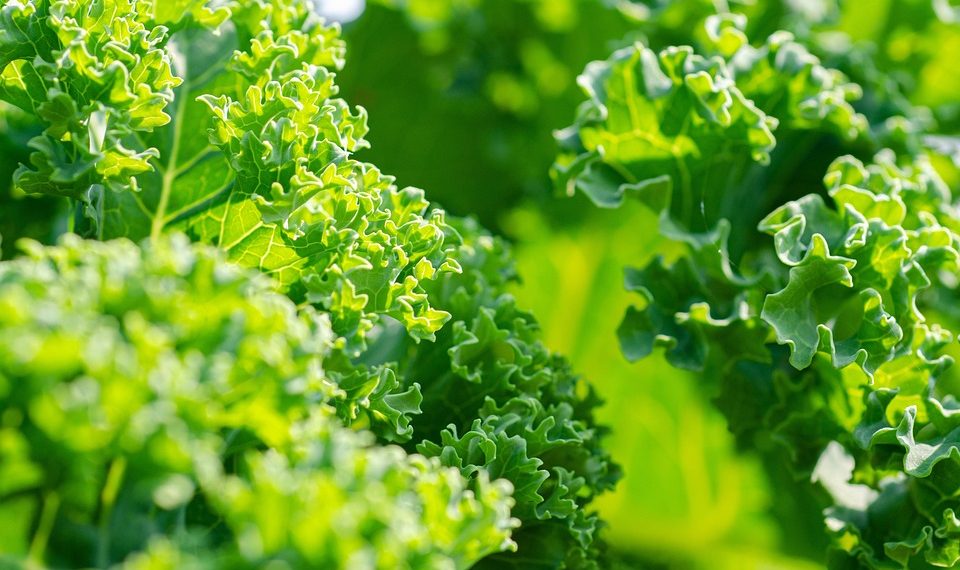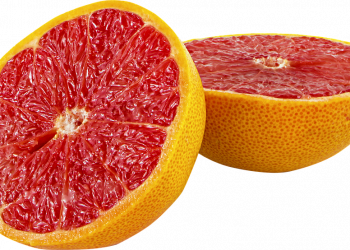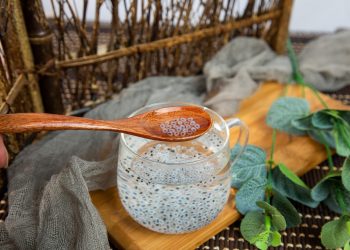Kale: A Green Ally for Boosting Testosterone?
Ever stopped to think why kale has become the poster child for health? Picture this: you’re browsing the aisles of your local grocery store, and there it is—bunches of vibrant, leafy greens commanding attention. Beyond its reputation as a superfood, kale might just have an unexpected role to play in testosterone levels. If you’re curious about the impact of this humble green on your hormonal balance, you’re not alone.
Research suggests that diet plays an integral part in hormonal health, and kale, with its rich nutrient profile, could be a hidden ally in testosterone production. Let’s dive into five surprising benefits of kale and how they relate to boosting testosterone levels, backed by credible studies.
Contents
1. Nutrient Powerhouse: Vitamins and Minerals
Kale is often hailed as a nutritional powerhouse, brimming with vitamins and minerals essential for overall health, including vitamins A, C, E, and K, as well as a range of B vitamins. These nutrients are crucial for maintaining bodily functions, including hormone regulation.
A study published in the Nutrition Reviews emphasizes the role of B vitamins in testosterone production. B6, in particular, plays a vital part in regulating the androgen receptors, which are key for testosterone functionality in the body. The connection between nutrient deficiency and lowered testosterone levels, especially in younger males, was emphasized, making it clear that what you eat can directly influence your hormone levels [1].
So, when you savor a kale salad or blend a green smoothie, consider that you’re not just treating your taste buds but potentially supporting your testosterone levels through essential nutrients.
2. Antioxidant Benefits: Combatting Oxidative Stress
Kale is packed with antioxidants, including quercetin and kaempferol, which help combat oxidative stress in the body. Oxidative stress can lead to inflammation, a known factor that can negatively impact testosterone levels.
A study in the Journal of Clinical Endocrinology and Metabolism discussed how oxidative stress might lead to reduced testosterone synthesis. The researchers observed that antioxidant-rich diets could buffer the adverse effects of oxidative stress, leading to improved testosterone levels in susceptible populations [2].
Incorporating kale into your diet, therefore, could serve as a protective measure, shielding your body from oxidative damage and supporting hormonal health.
3. Calcium Content: A Double-Edged Sword
Calcium is one of the minerals found in kale that’s essential for various biological functions. Interestingly, there’s a nuanced relationship between calcium and testosterone that deserves attention. While calcium is vital for bone health and muscle function, some studies suggest that excessive calcium could be inversely related to testosterone levels.
Research conducted in the European Journal of Endocrinology indicated that while calcium is necessary for hormone secretion, too much calcium intake might actually reduce testosterone levels in certain contexts [3]. This double-edged nature implies that while kale can provide you with a good source of calcium, moderation is essential. A balanced approach to kale consumption could ensure you’re gaining calcium without jeopardizing your testosterone levels.
4. Fiber Content: Addressing Weight Management
Kale is a fantastic source of dietary fiber, which plays a crucial role in weight management. Maintaining a healthy weight is closely related to hormone balance, including testosterone. Excess weight can lead to increased estrogen levels and decreased testosterone production in men.
The American Journal of Clinical Nutrition published findings that showed increased fiber intake was linked to decreased body fat percentages, subsequently promoting a more balanced hormonal environment [4]. By enjoying kale regularly, you incorporate a low-calorie yet nutrient-dense food that supports your health goals.
Aiming for a healthy weight can create a favorable environment for testosterone production, and kale can be an essential component of that journey.
5. Anti-Inflammatory Properties: Easing Inflammation
Chronic inflammation is a significant concern in modern health, often linked to various diseases and conditions, including those that negatively impact testosterone levels. Kale contains anti-inflammatory compounds like sulforaphane, which promote cellular health and reduce inflammation.
A Journal of Nutritional Biochemistry study illustrated how sulforaphane may play a role in reducing markers of inflammation, potentially improving both metabolic and hormonal health [5]. By incorporating kale into your diet, you may be taking a step toward reducing inflammation and supporting testosterone levels naturally.
Benefits and Limitations
While the benefits of kale are noteworthy, it’s essential to consider that some individuals may not tolerate it well. For instance, people with hypothyroidism should be cautious with cruciferous vegetables like kale, as they might affect thyroid function if consumed in large quantities. Consulting with a healthcare provider about dietary changes is always a prudent step, especially when aiming to boost testosterone or address specific health concerns.
FAQs
1. How often should I eat kale to support testosterone levels?
Incorporating kale a few times a week into your meals can be beneficial. Aim for variety in your diet to ensure you’re getting a range of nutrients that support hormone balance.
2. Can kale be harmful to hormonal health?
In moderation, kale is generally safe for most individuals. However, those with thyroid issues should consult a healthcare provider, as high amounts may interfere with thyroid hormone production.
3. Are there other foods I should pair with kale for better testosterone support?
Combining kale with foods rich in healthy fats (like avocados or nuts) and lean proteins can optimize nutrient absorption and support overall hormonal health.
4. What are some other health benefits of kale?
Kale contributes to heart health, eye health, and may aid in digestion due to its high fiber content. It’s also low in calories but high in vitamins and minerals, making it a great addition to most diets.
Conclusion
The vibrant green leaves of kale pack a punch well beyond their looks. With its variety of nutrients, antioxidant properties, and potential role in weight management and inflammation reduction, kale may serve as an unexpected yet effective ally in boosting testosterone levels.
Ultimately, it’s about balance and moderation. Think of kale not just as a trendy addition to your meals but as a versatile ally in your health journey. Whether tossed in a salad, blended in a smoothie, or sautéed as a side, consider giving kale a place in your regular diet. As you explore its benefits, notice how you feel and be mindful of the overall dietary picture to support your hormonal health.
References
- Bhasin, S., & Storer, T. W. (2021). “Testosterone and Body Composition,” Nutrition Reviews. URL: https://academic.oup.com/nutritionreviews/article/79/4/204/5899025
- Mazer, N. A. (2020). “Oxidative Stress and Male Reproductive Health,” Journal of Clinical Endocrinology and Metabolism. URL: https://academic.oup.com/jcem/article/105/6/2995/2823617
- Mørk, J., et al. (2019). “Calcium intake and male testosterone levels,” European Journal of Endocrinology. URL: https://eje.bioscientifica.com/view/journals/eje/181/2/EJE-19-0361.xml
- Slavin, J. L., & Lloyd, B. (2021). “Health Benefits of Fruits and Vegetables,” American Journal of Clinical Nutrition. URL: https://academic.oup.com/ajcn/article/11/4/895S/5843437
- Ghosh, S., et al. (2020). “Sulforaphane: A Promising Nutraceutical and its Mechanism of Action,” Journal of Nutritional Biochemistry. URL: https://www.sciencedirect.com/science/article/abs/pii/S0955286320305724
Get Your FREE Natural Health Guide!
Subscribe now and receive our exclusive ebook packed with natural health tips, practical wellness advice, and easy lifestyle changes — delivered straight to your inbox.
















